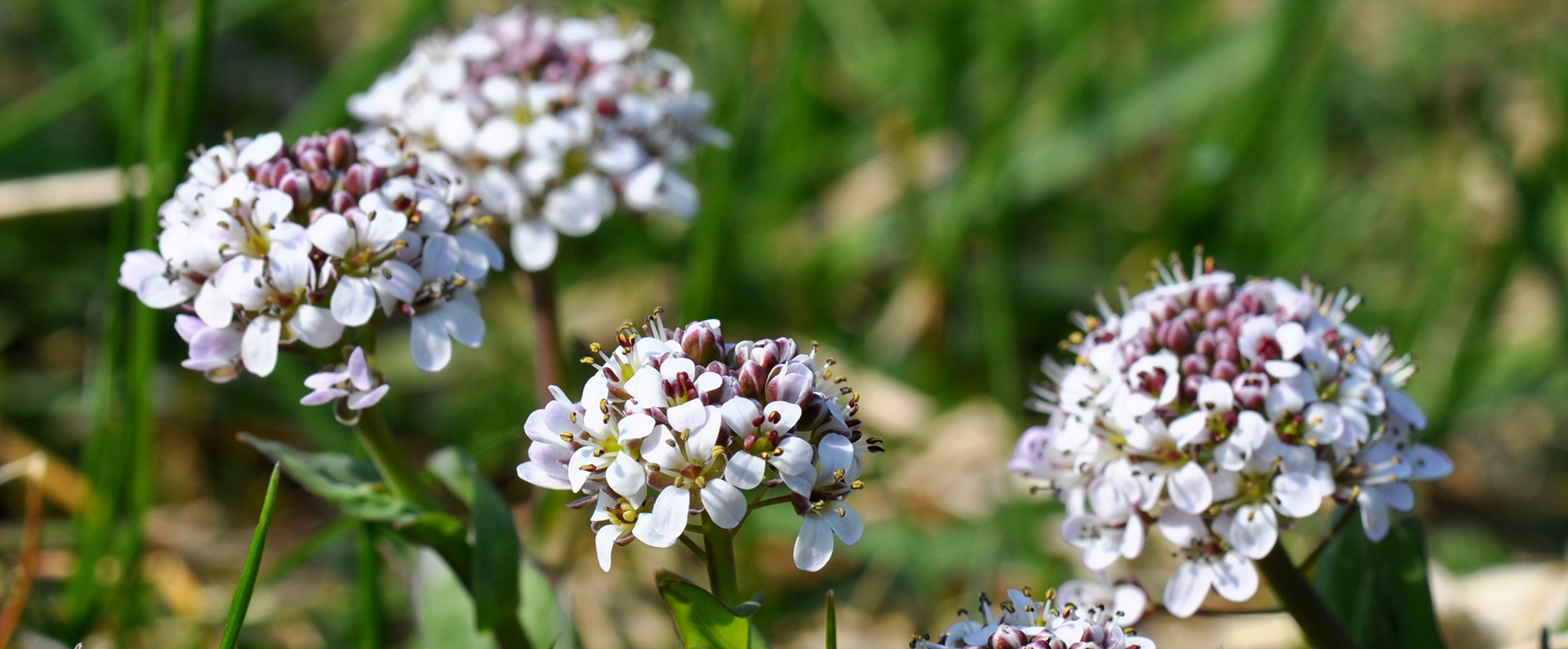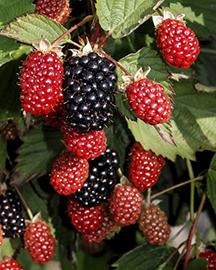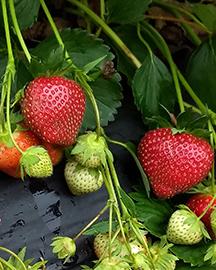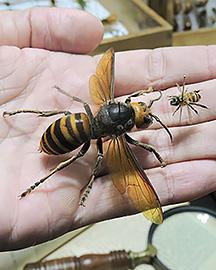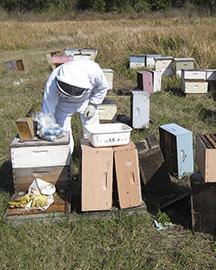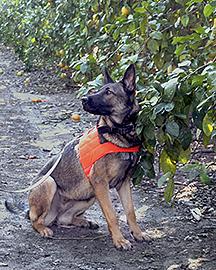Preventing Soil Nutrient Leaching with Cover Cropping
Water contamination caused by the leaching of labile soil nutrients from corn-soybean cropping systems is a major agricultural challenge in the Midwest. This problem usually occurs during the fall and spring seasons, after soil is left bare between summer crops. Without crops to retain them, nutrients like phosphorus and nitrogen are carried away from farmland in water from snowmelt, rainfall, or potentially irrigation. The lost nutrients ultimately end up polluting groundwater and surface waters.
ARS researchers at the Soil Management Research Unit in Morris, MN, determined that two novel over-wintering oilseed crops, winter camelina and pennycress, were effective in reducing excess nitrogen and preventing its escape from farmland. Studies showed that these cover crops absorbed leftover nitrogen and phosphorus from a previous crop – resulting in reduced nitrate nitrogen losses by over 80 percent—and successfully prevented the nutrients from potentially contaminating water. They also provided an economic return as the novel winter oilseeds could be harvested as cash crops. Study results will help promote winter oilseeds as a cover cropping strategy that can provide both environmental and economic benefits.



